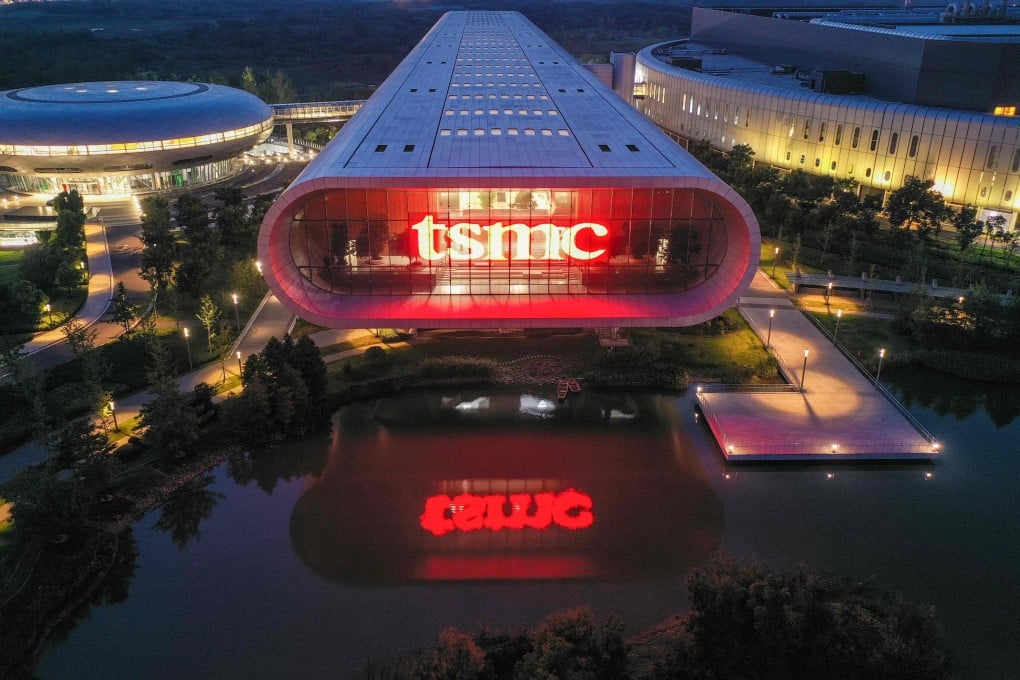Advertisement
Is the US Chips Act a wedge to push academics, tech companies to ‘pick sides’?
- Industry analysts say new US legislation to lure semiconductor investment is the latest effort to curb collaboration with Chinese researchers
- Act criticised as latest US attempt to thwart China’s technological development
Reading Time:3 minutes
Why you can trust SCMP
27

Newly enacted US legislation that offers financial incentives to tech companies making big semiconductor investments on American soil will further divide Chinese and American academics, analysts say.
The US Chips and Science Act, which was signed into law on August 9, offers subsidies of up to US$53 billion for semiconductor investments in the United States. Observers say it is the latest such legislation to target academics in the fields of science, technology, engineering and mathematics, who they say will suffer the most.
The act does not limit the movement of scholars to and from China. However, a recent report by the China Institutes of Contemporary International Relations said various terms in the legislation were designed to impede normal academic collaboration while spurring researchers to “pick sides”. Some analysts agree.
“The Chips act is an additional pillar the US has built to defend what it sees as its scientific-technological assets from Chinese threats,” said S. Mahmud Ali, associate fellow at the University of Malaya’s Institute of China Studies.
Advertisement
“It reinforces already substantial and growing objective and subjective barriers to the two countries’ collaboration in the STEM field,” added Ali, who wrote an eight-volume series on the evolution of US-China strategic security dynamics.
Ali said numerous legislative and executive efforts aimed at boosting US manufacturing capacity had laid the groundwork for the new law, including the Department of Justice’s China Initiative, which claims to combat economic espionage by prosecuting suspected Chinese spies in America’s research and development industry.
Advertisement
“Numerous cases of investigations leading to arrests, trials and convictions – as well as dismissals of cases owing to a lack of evidence – have generated significant practical and subliminal obstacles to the flow of students and researchers,” said Ali, adding that Washington is experiencing “displacement anxiety”, an unease about no longer being the world’s only superpower.
Advertisement
Select Voice
Select Speed
1.00x
